Eden's Killer Whale Museum
 I am intrigued to know how others relate history with travel and vice versa. Does the history of a place lead you there? Are there certain places you want to specifically see and experience because of what has gone before there? Or is it an added bonus thrown in at a destination you stumbled upon because of another reason?
I am intrigued to know how others relate history with travel and vice versa. Does the history of a place lead you there? Are there certain places you want to specifically see and experience because of what has gone before there? Or is it an added bonus thrown in at a destination you stumbled upon because of another reason?
I think I am somewhere in the middle. I love history and whereas some, like NewMan (my boyfriend), are fascinated by the vast history of the earth and nature's movements, changes and dangers, I am more fascinated by human history; the plights, achievements and stories of people who influenced and impacted on what then went after them.
During my travels I found out about a great deal of human history I had previously been oblivious too, especially in Australia like the exhibition about the Irish orphan girls at Hyde Park Barracks and about those who campaigned for the old BP refinery that is my favourite view point in Sydney to be made in to a public space. Another place I found unexpected history was in Eden, New South Wales on the east coast of Australia close to the Victoria border. We stayed there for one night during part of our Australian road trip from Sydney to Melbourne. It had been recommended to us as a good place to stop because it is one of Australia's largest natural harbours and the centre of Australia's former whaling industry.
Another place I found unexpected history was in Eden, New South Wales on the east coast of Australia close to the Victoria border. We stayed there for one night during part of our Australian road trip from Sydney to Melbourne. It had been recommended to us as a good place to stop because it is one of Australia's largest natural harbours and the centre of Australia's former whaling industry.
Considering whaling is now a very dirty word and one that I am repulsed by, I was therefore slightly unsettled by becoming so fascinated by Eden's story. It is because it is a story laced with considerable charm and dare I say it, magic.
Prior to European settlers reaching Eden, the huge (and beautiful) Twofold Bay was home to two tribes; the Yuin aboriginals on the land and the orcas, a group of killer whales in the sea. The Yuin studied the hunting patterns of orcas as they herded baleen whales into Twofold Bay, which is Australia's deepest natural harbour. Some of the baleen whales who escaped the orcas would often maroon themselves on the shore to keep away from the killer whales and this was interpreted by the Yuin as the orcas offering up food and resources to them as the Yuin would then kill and live off the whales. It became practise that the orcas and the Yuin would then seemingly "work together" to satisfy both their needs as Yuin and killer whale shared the produce of their catches.
Europeans landed in Eden in 1820s and 1830s and observing this behaviour they were inspired. Unlike in many other places across Australia at that time, the indigenous Yuin and the new settlers worked together, to make Eden the centre of Australia's whaling industry, overtaking Sydney Harbour which was established as a whaling centre at roughly the same time. The killer whales who became so intrergrated into the whaling community many were given names and were considered crucial to their operations.
Eden's Killer Whale Museum offers detailed accounts of whaling expeditions in what we would now consider be fairly primitive boats. These were always high risk missions and the museum tells terrifying tales of families and crew falling prey to the cruelties of the sea. Because it was only ever was (and still is) a relatively small town the same names pop up again and again in the well preserved papers, portraits, newspaper clippings shown in the museum. This somehow made the history and the people more real.
Tactfully the museum tells the story from a whale's perspective too, or rather it covers the damage that the industry started to cause to whale populations in the first half of the 1900s and it documents the run up to the important change in international law. Though I haven't changed my mind about whaling, I really didn't expect to be so moved by the overlapping stories of families, Yuin and European and killer whale, whose livelihoods and survival depended on the now outlawed industry.
And this is why I like human history. With the benefit of hindsight you may or may not agree with what somebody did many years ago but this doesn't stop you feeling empathy for them or by being fascinated by their story. Being able to find unexpected stories like this on the other side of the world is a truly wonderful reason to travel...
For more information have a read of the info on Eden's Killer Whale Museum's website and also have my word that this is an excellent museum for all ages with great imagination, as demonstrated by these car park markings.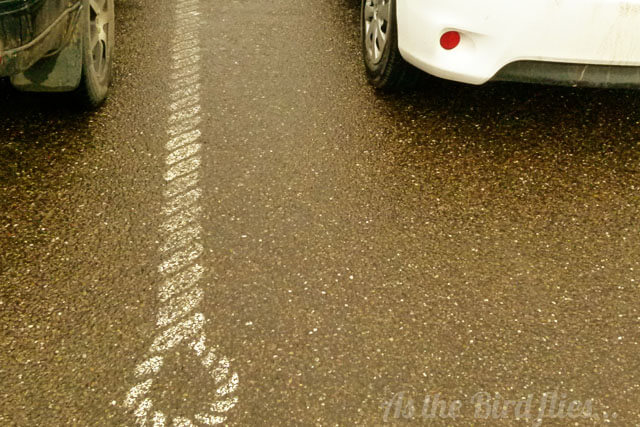
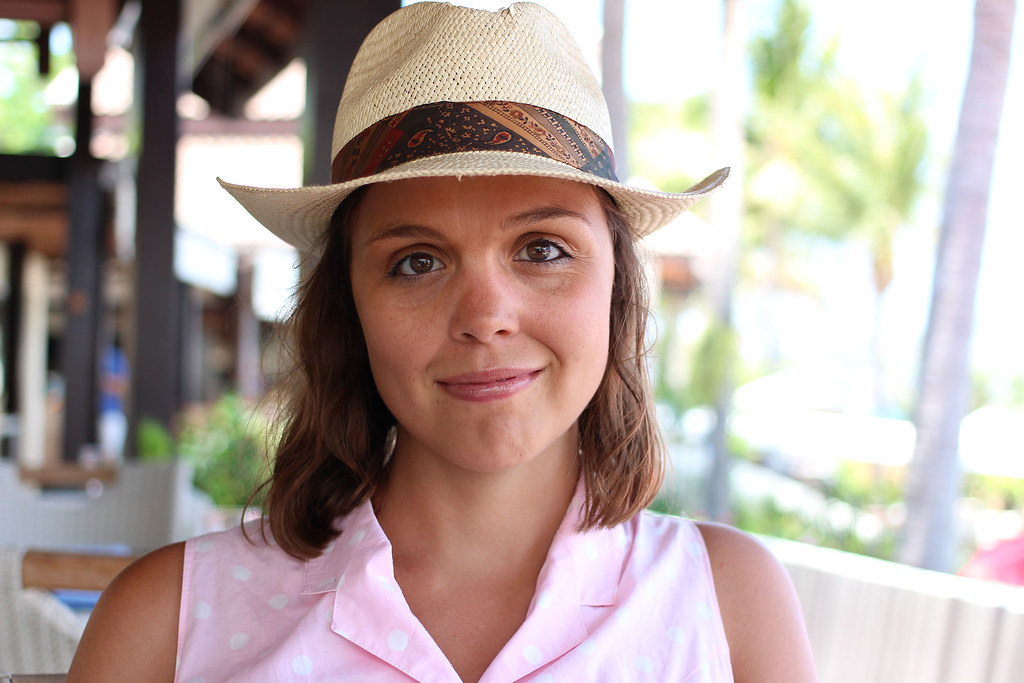
Frances M. Thompson
Find Frankie on Facebook, Twitter, Instagram, Pinterest, and Google+.
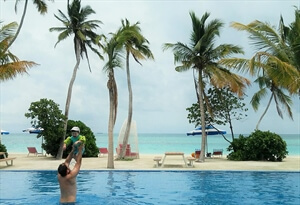 Family Travel: How to Travel with Kids - My Golden Rules
Family Travel: How to Travel with Kids - My Golden Rules_x300.jpg?v=1) Amsterdam Travel: Best Luxury Hotels in Amsterdam - Reviewed!
Amsterdam Travel: Best Luxury Hotels in Amsterdam - Reviewed!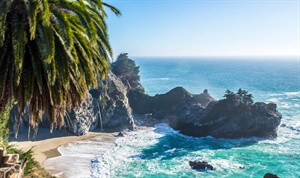 Solo Luxury Travel: Best Caribbean Islands for Solo Travellers
Solo Luxury Travel: Best Caribbean Islands for Solo Travellers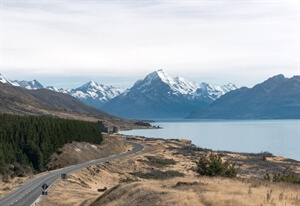 New Zealand Travel: 51 Interesting Facts About New Zealand Aotearoa
New Zealand Travel: 51 Interesting Facts About New Zealand Aotearoa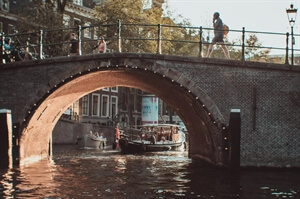 Amsterdam Travel: Accessible Travel Guide for Amsterdam
Amsterdam Travel: Accessible Travel Guide for Amsterdam About the Blog & Frankie
About the Blog & Frankie Welcome to My Amsterdam Travel Blog!
Welcome to My Amsterdam Travel Blog! Welcome to My Luxury Family Travel Blog!
Welcome to My Luxury Family Travel Blog! Welcome to My Writing Blog!
Welcome to My Writing Blog! Lover Mother Other: Poems - Out Now!
Lover Mother Other: Poems - Out Now! I Write Stories That Move You
I Write Stories That Move You Order WriteNOW Cards - Affirmation Cards for Writers
Order WriteNOW Cards - Affirmation Cards for Writers Work With Me
Work With Me